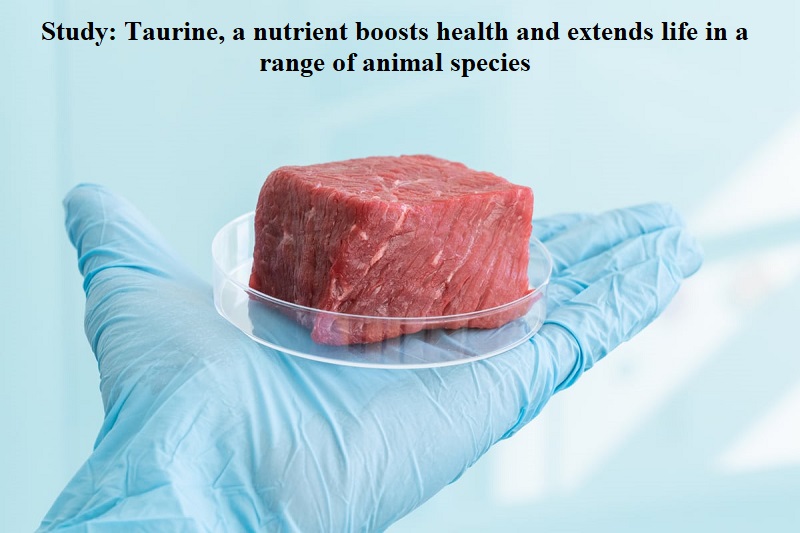
A study published in the journal Science on Friday (June 9) reveals that taurine, a nutrient present in fish, meat, and energy drinks, has the potential to improve health and extend life in various animal species. The researchers aimed to understand the molecular basis for the physiological changes associated with aging, which can range from organelles to organ systems.
Their findings indicate that the levels of taurine, a semi-essential amino acid, decrease in circulation as animals age. The study states that supplementing with taurine can slow down key markers of aging, such as increased DNA damage, telomerase deficiency, impaired mitochondrial function, and cellular senescence.
The researchers observed that taurine supplementation not only increased the lifespan of mice but also improved the health span of monkeys. This suggests that taurine, which is naturally produced by animals, including humans, may be a crucial factor in promoting a longer and healthier life.
The study highlights that taurine concentration in the blood declines with age in mice, monkeys, and humans. To investigate the relationship between taurine decline and aging, the researchers administered taurine or a control solution orally to middle-aged mice until the end of their lives. The taurine-fed mice of both sexes exhibited longer lifespans compared to the control group. The median lifespan of taurine-treated mice increased by 10 to 12%, and life expectancy at 28 months rose by about 18 to 25%.
In addition to extending lifespan, the researchers also examined the health of middle-aged mice receiving taurine supplementation. They discovered improved functioning in various systems, including bone, muscle, pancreas, brain, fat, gut, and immune system, indicating an overall increase in health span. Similar positive effects were observed in monkeys as well.
The study also investigated the impact of taurine supplementation on the lifespan of worms and yeast. While taurine did not affect the replicative lifespan of unicellular yeast, it did increase the lifespan of multicellular worms.
To determine whether taurine deficiency plays a role in human aging, the study suggests the need for long-term, well-controlled taurine supplementation trials that measure health span and lifespan as outcomes.
In conclusion, the study suggests that taurine supplementation may have the potential to improve health span and extend lifespan in mice, worms, and monkeys. Further research is needed to determine the effects of taurine supplementation on human aging.

Post Your Comments